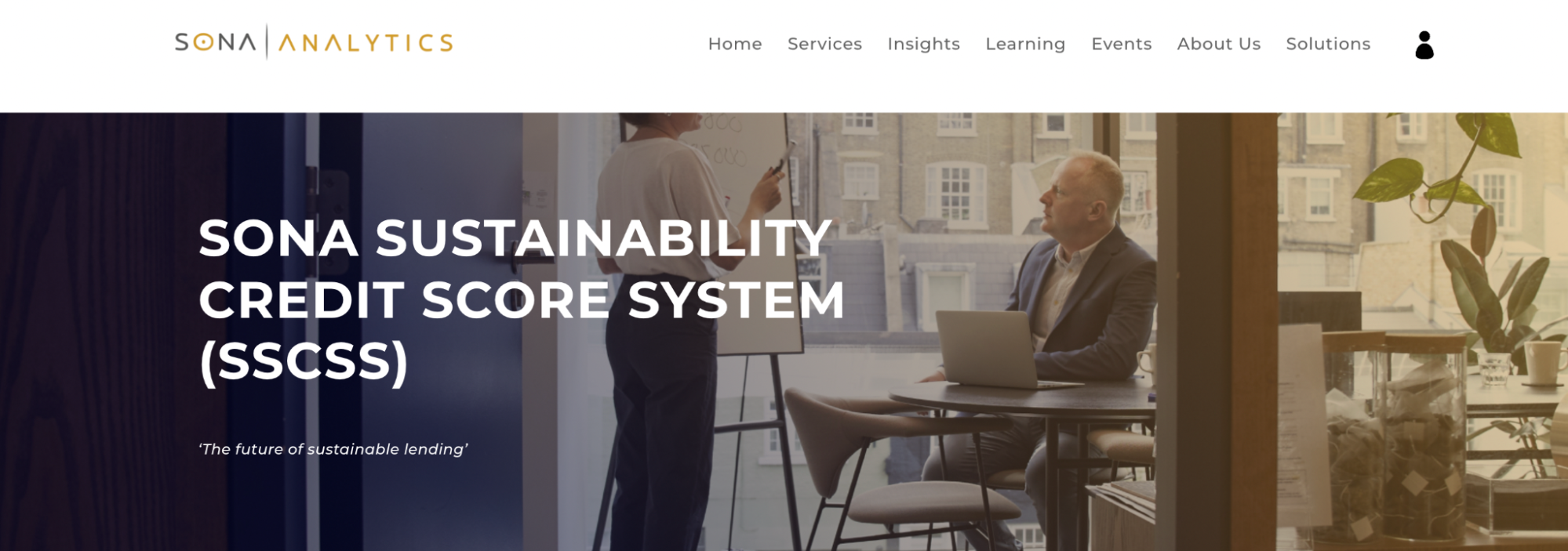
Rodrigo Zeidan is a solution seeker. In his eighth year at NYU Shanghai, Zeidan, Associate Professor of Practice in Business, has just published his seventh book, titled "A General Model of Working Capital Management” (Palgrave Macmillan). In addition to his research, Zeidan teaches undergraduate courses, including Economics of Global Business, Futures & Options, and Advanced Futures & Options. Zeidan sat down to talk with us about his current research, his interests outside of work, and why he thinks it’s instrumental to study pragmatic solutions.
What inspired you to become an economist?
I grew up in Brazil during hyperinflation. At times we would have inflation of 20% or 30% per month- prices were going up all the time. So trying to understand the economy was something that was attractive because you’d read newspapers that were dominated by economics news. People didn’t even know what the wages would be next month, given the fact that every time the inflation went up 5%, people’s wages would go up automatically based on past inflation. Understanding all of this was attractive to me, and inspired me to study economics and finance.
What are you working on right now?
My research is concerned with building pragmatic solutions for a better world. Instead of complaining about how the world is unfair, or climate change, I want to find solutions that are feasible.
In research, a lot of people focus on diagnoses - “this policy is bad, the education system in the US has major problems, or the economic policy in Europe is wrong.” [I’m] not saying that it’s not important - getting to know the problem and defining what is wrong with a situation is certainly of merit. But I want proper solutions. I want to design things to improve the world. In other words, asking myself: What can be done to improve a situation? What is the solution?
Right now, I work a lot in sustainable finance which means making the financial system more sustainable in terms of allocating capital more efficiently towards environmental and social goals. I’m also studying many other topics that interest me. I just completed a survey about affirmative action policies in Brazil, and have recently published on topics including the costs and benefits of climate and public health interventions, deforestation as a threat to biodiversity, female representation in economics, and how removing European tariffs could support decarbonization. The common theme that ties my research together is that I'm looking for pragmatic solutions.
What is an example of one of the “pragmatic solutions” you have developed through your research?
Working with Sona Analytics, I developed the Sona Sustainability Credit Score System with the goal of promoting sustainability within companies. Institutions sign up, fill out the questionnaire, and are assigned a sustainability score. The rating then becomes a tool for analysts to decide whether they should lend to the institution, and therefore hopefully motivates institutions to be more sustainable in their decision making.

The Sona Analytics website homepage.
In addition to being a researcher, how do you view your role as a professor?
A colleague and mentor once told me this: “Fifty years from now, no one will read your work. All the articles you write now? They won’t matter. So the impact you have fifty years from now will be the students that you teach.” In that sense, I try to make a positive impact in the lives of the students. I hope the students know that it doesn’t matter if I have one hundred students in the classroom. They can always come to my office at any time. I will stop whatever I'm doing and talk to them because the impact that I'm gonna have on the world is really going to be through my students.
What do you enjoy doing outside of work?
I play tennis in the ACE league and also used to play basketball in a local Shanghai league. I also enjoy reading books and comic books.

